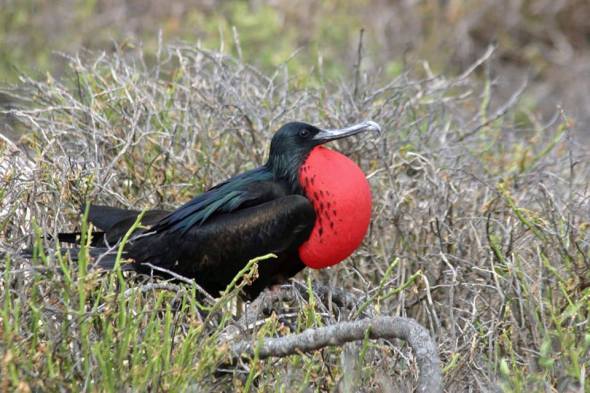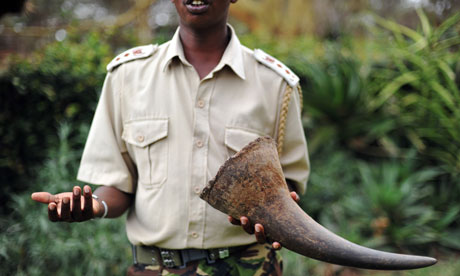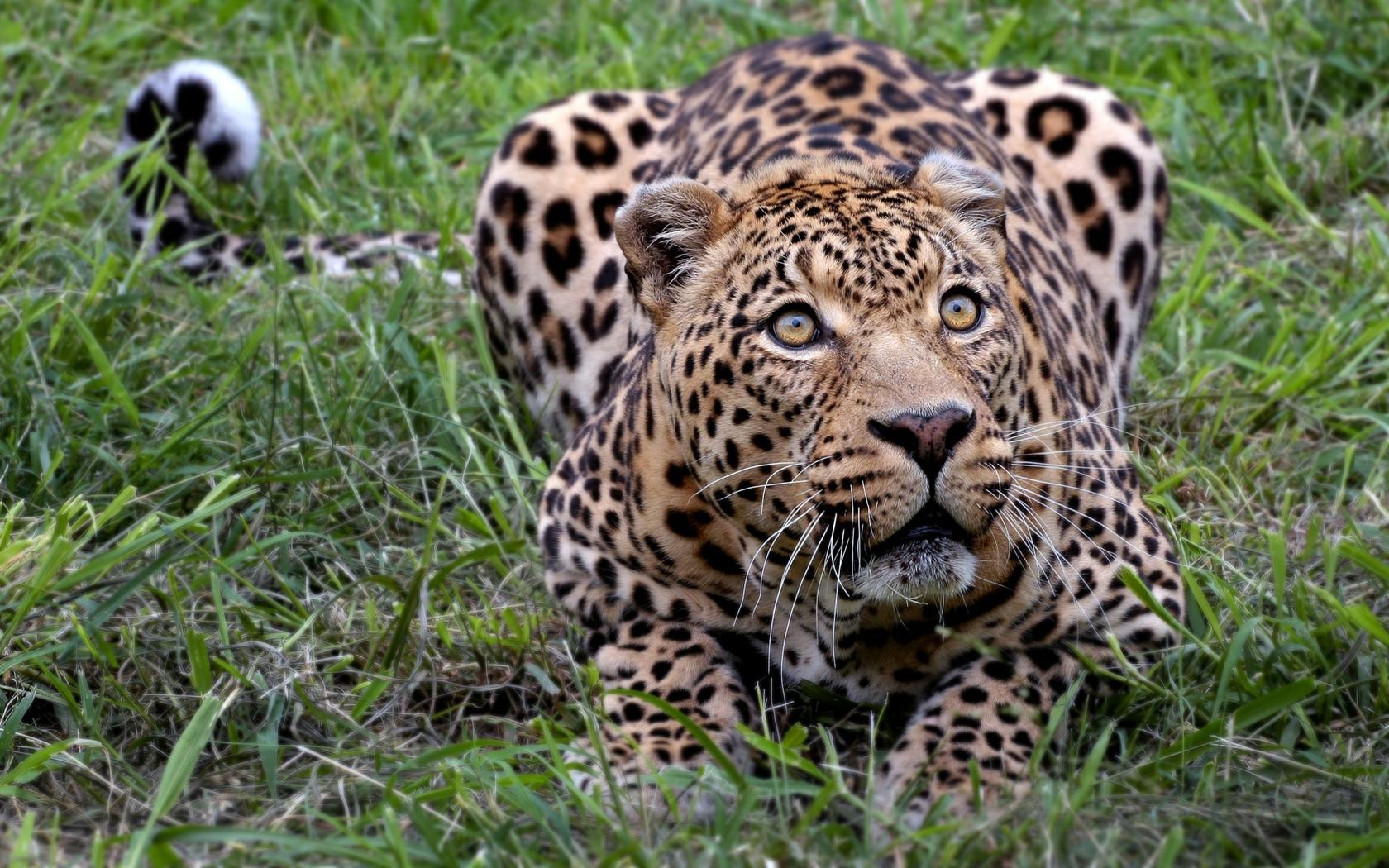Climate change - A threat to half of all bird species
Bird species under threat from - Global climate change
Read more below - A direct warning to now reduce all greenhouse emissions to sustain our bird, amphibians and coral species.
June 2013 24th
Between a quarter and a half of all bird species, along with around a third of amphibians and a quarter of corals are highly vulnerable to climate change.
That’s according to the most comprehensive assessment to date of the impact on global warming on life. Its results have led ourselves and other researchers to warn that unprecedented conservation efforts will be needed if we do not cut emissions soon.
Ignoring this, will see a very bleak future for mainly our birds the most vulnerable species to suffer from greenhouse gas emissions, not forgetting habitat fragmentation.
The new assessment was carried out by scientists from the International Union for the Conservation of Nature (IUCN) from which ourselves are also undertaking climate change research with regards to avian species internationally, mostly within Africa, India and Malaysia.
The International Union for the Conservation of Nature is the organisation that compiles the red list of threatened species. The red list was invented way before anyone worried about climate change.
Red list assessments of extinction risk do consider climate change stated the (IUCN) in Cambridge, United Kingdom. The assessment maps out climate conditions where a species lives now, then estimates how that liveable area will alter as climate changes.
But that’s not enough to asses the risk. Some species may be able to cope if their environment changes, others may be especially suited to evolving adaptations that will let them acclimatise, and yet more species may simply move to new areas.
This is what International Animal Rescue Foundations © Aves Bird Watch within India, Africa, England and Malaysia have been watching and documenting on for the past year now. We have viewed more or less the exact same results with regards to bird and mammal movements and evolutionary behaviour changes from which we have reported on the International Animal Rescue Foundation © African (NGO) for the past three months. We have also noted the IUCN have been increasing their documentations with regards to climate change and species evolution behaviour.
Researchers from the (IUCN) tried to take this all into account. They considered how quickly species could relocate and whether barriers like mountain ranges would stop species migrating/moving. They also examined how rapidly species could evolve.
For instance species that could reproduce quickly have a better chance of evolving new adaptations than those that do not. If you’re a narwhal and only breed once every two years, then it’s not going to happen. So far the (IUCN) have applied their criteria to all Aves (bird) species, amphibians, and corals.
Species were classed as highly [vulnerable] if their climate is changing rapidly, they are sensitive to these changes and have little ability to adapt or relocate.
The results were not positive and make for (very grim reading) which is what we - International Animal Rescue Foundation © had expected based on our own studies and the International Union for the Conservation of Nature now released studies.
The evidence has been here for some time now, it was just proving it then documenting that was the issue. We ourselves have known for some time dating back to 2004 - 2009 that these changes were moving faster than expected from which we have already viewed many species of birds that are native to India now residing within Africa.
The Hawk Eagle being one of many, plus the Fregata minor that normally resides within coastal regions of Southern Africa now spotted within the Kruger and more inland reserves. The Fregata minor is extremely sensitive to climate change.
Data from the International Union for the Conservation of Nature I have listed below for your information; June 2013.
Among birds a staggering 24 to 50% of species are highly vulnerable, according to the teams most optimistic and pessimistic forecasts, as are 22 to 44% of amphibians and a very concerning 15 to 32% of corals. Please view PLOS doi.org/mtx.
The figures are similar to those in a 2004 study by Dr Chris Thomas of the University of York, United Kingdom - Please view here doi.org/c34wgp. Dr Thomas stated “These are high percentages, what’s more, many of these species are not currently threatened”.
The (IUCN) stated 17 to 41% of bird species are highly vulnerable to climate change but are considered safe by the Red list.
The moment you start thinking about the magnitude of the conservation programme we might need to put in place, it’s mind boggling. Dr Thomas stated “protected areas would need to be much bigger than are present to safeguard relocating species and we would have to intervene to move species”.
The best thing that we can all do is now cut greenhouse gas emissions sooner rather than later as well as reducing land for agriculture, and taking more precautions with how we use energy, recycling, reducing waste and reusing. Fossil fuels MUST be CUT.
The more land used for agriculture the less chance we have of sustaining any other form of species that is under direct threat from climate change. Farmers of both arable and cattle farms now need to take heed of this imminent warning especially within Asia, Africa and America.
Minimising the rate and extent of climate change will reduce the amount of action required to sustain overall species life. Should we fail then we will lose many species by the year 2050 - 2100 through negligent actions and global climate abuse.
Dr J Dimetri Ba BVetMed, Ma Director and Founder
International Animal Rescue Foundation ©
[email protected]
Climate change effects on birds and botanicals
Please stay tuned for our upcoming investigations and awareness campaign that is focusing on the Rhinoceros, is Rhinoceros dehorning really going to stop poaching, and Zoo World (undercover the real truth) as well as Cop on Dog part II - The remaining investigations and eco awareness into Project HAARP will be released soon





Thank you for your reply, should it merit a response we will respond in due course. This site is owned by International Animal Rescue Foundation and moderation is used.